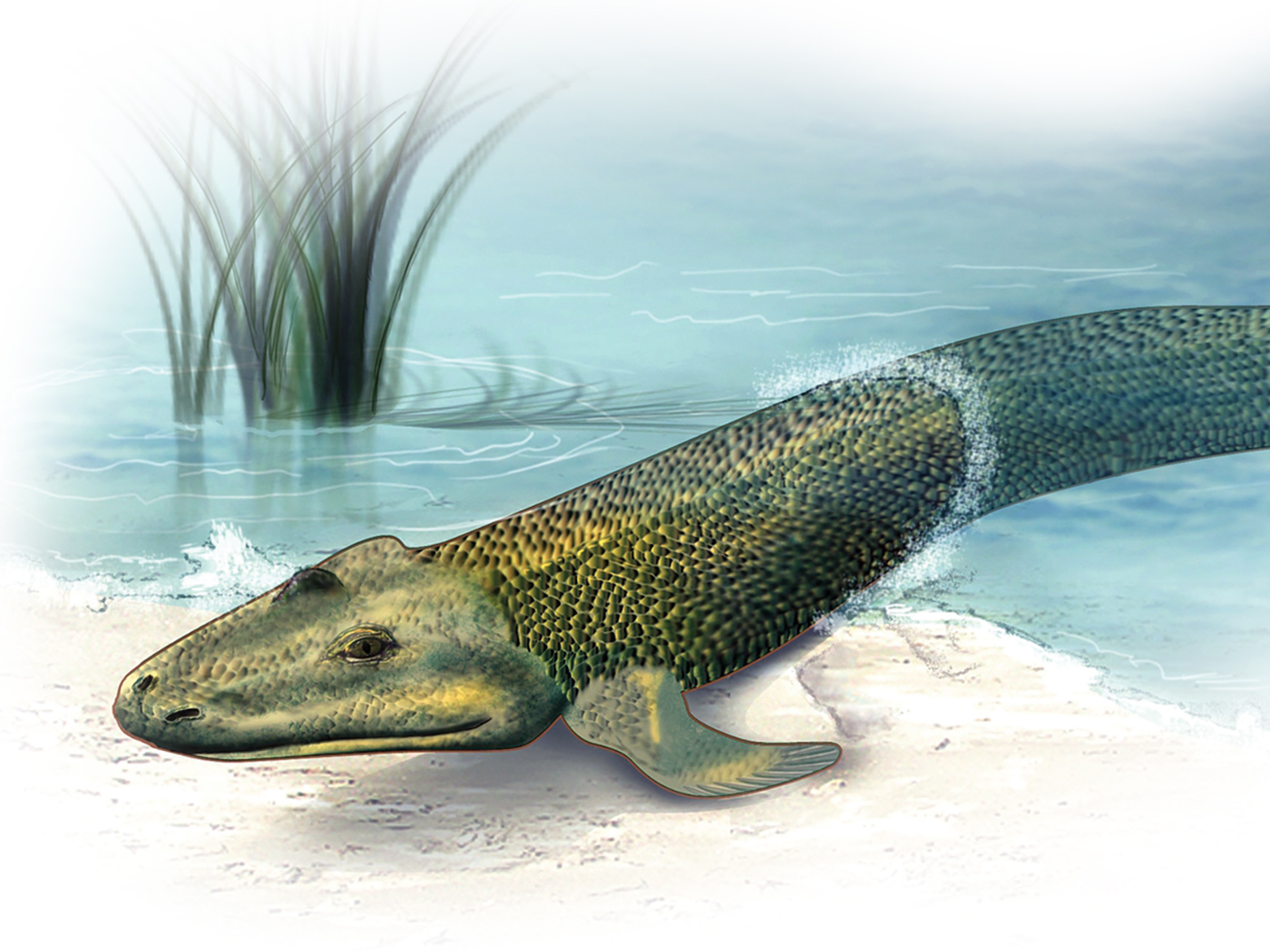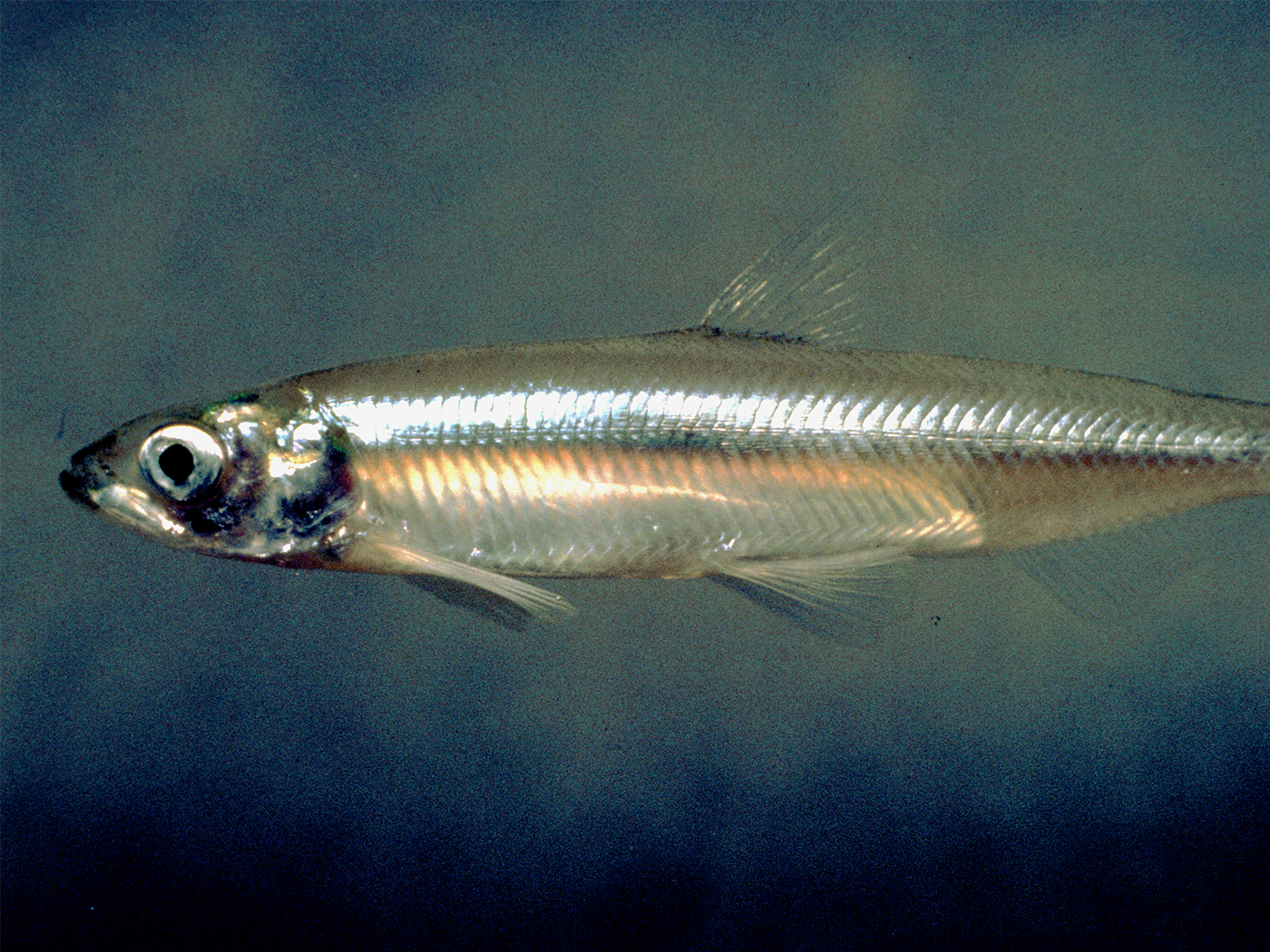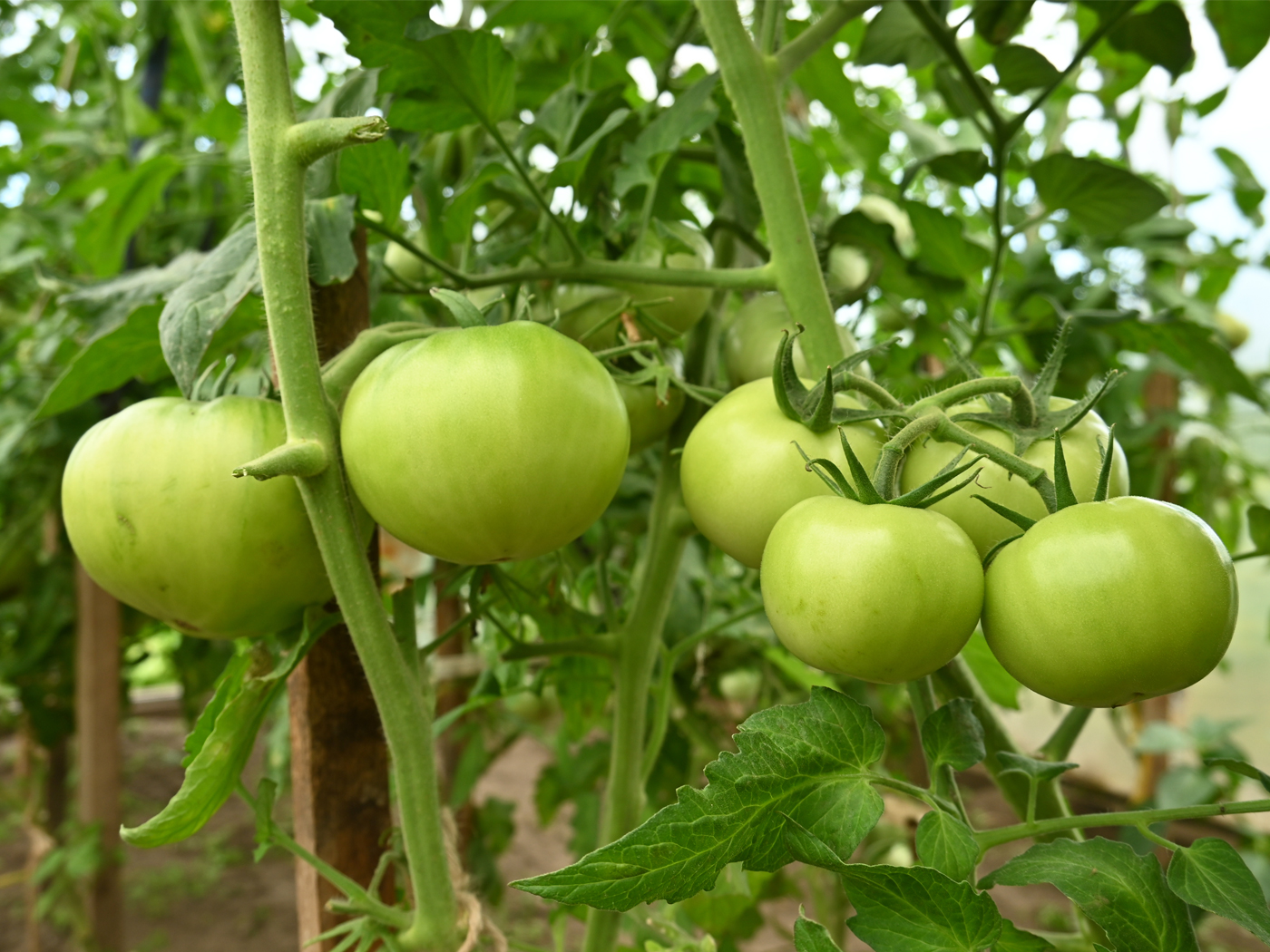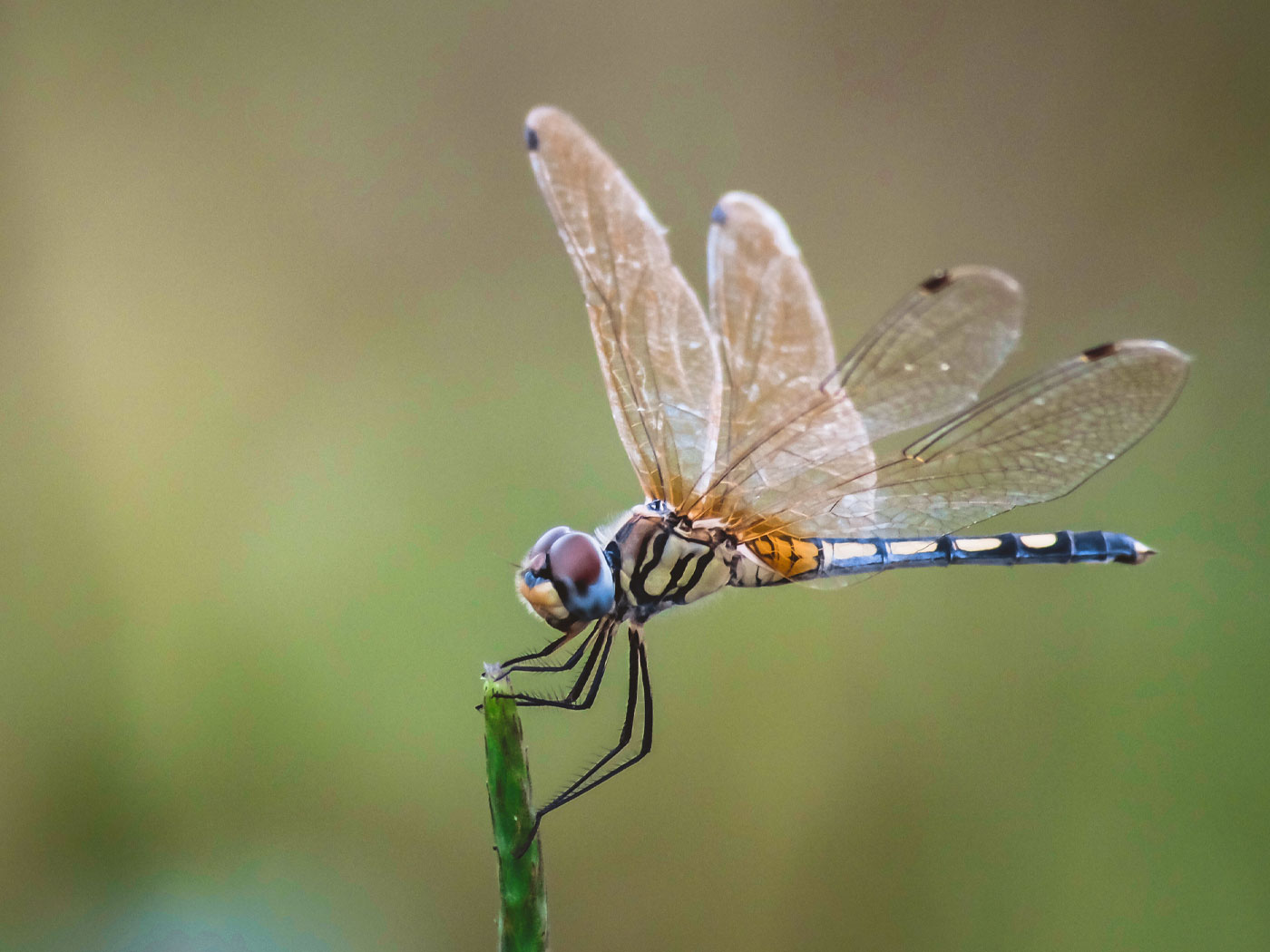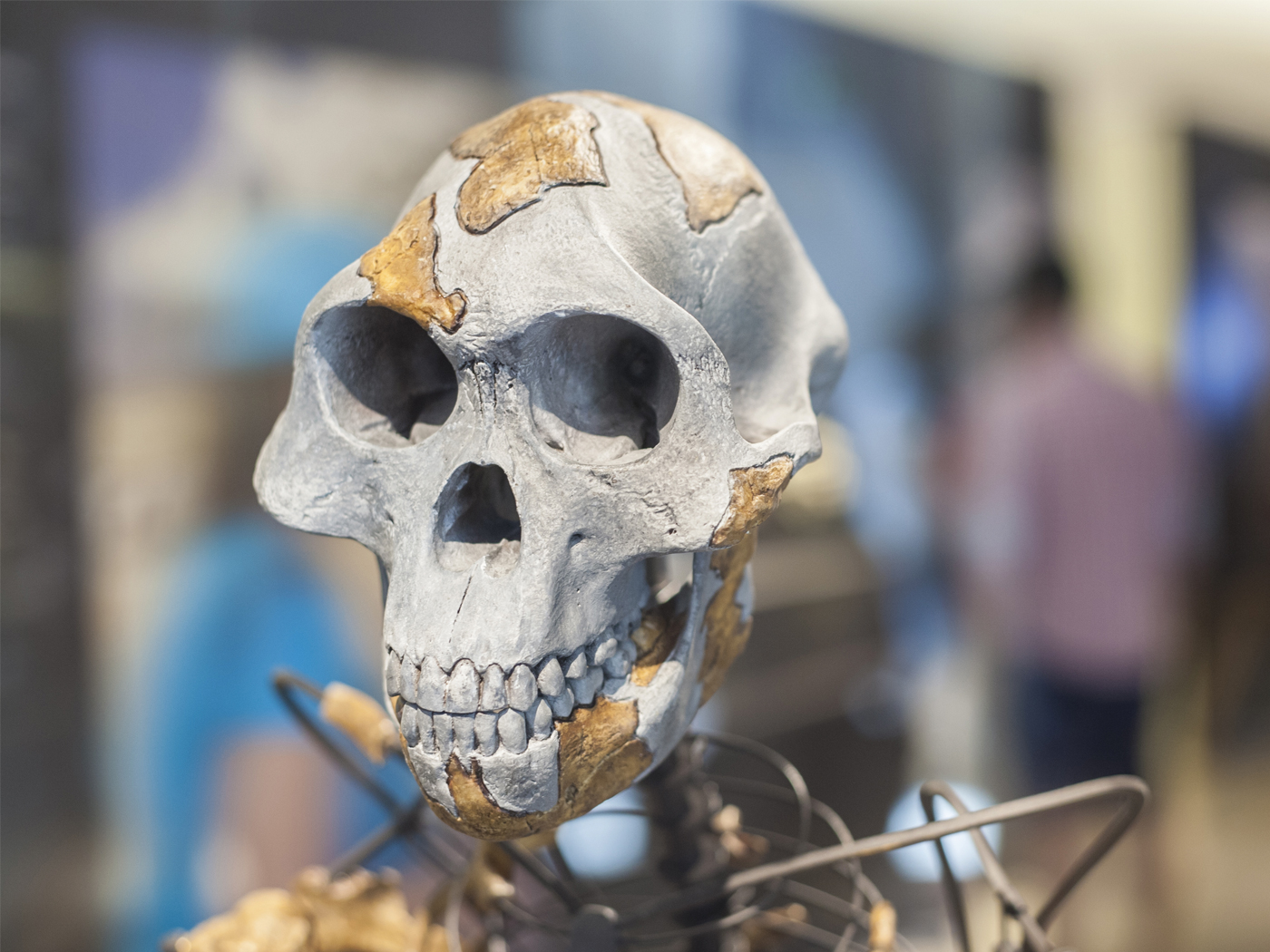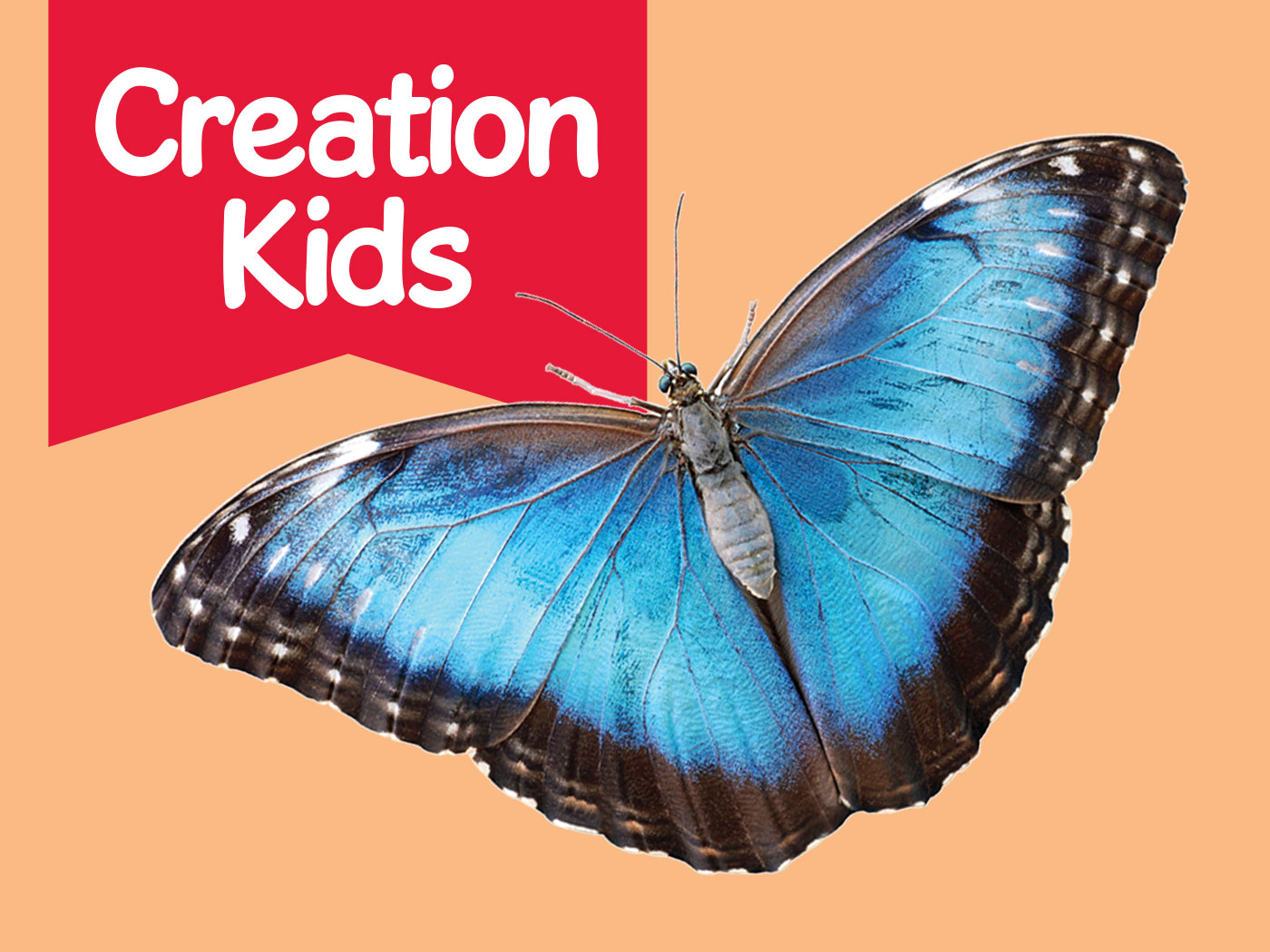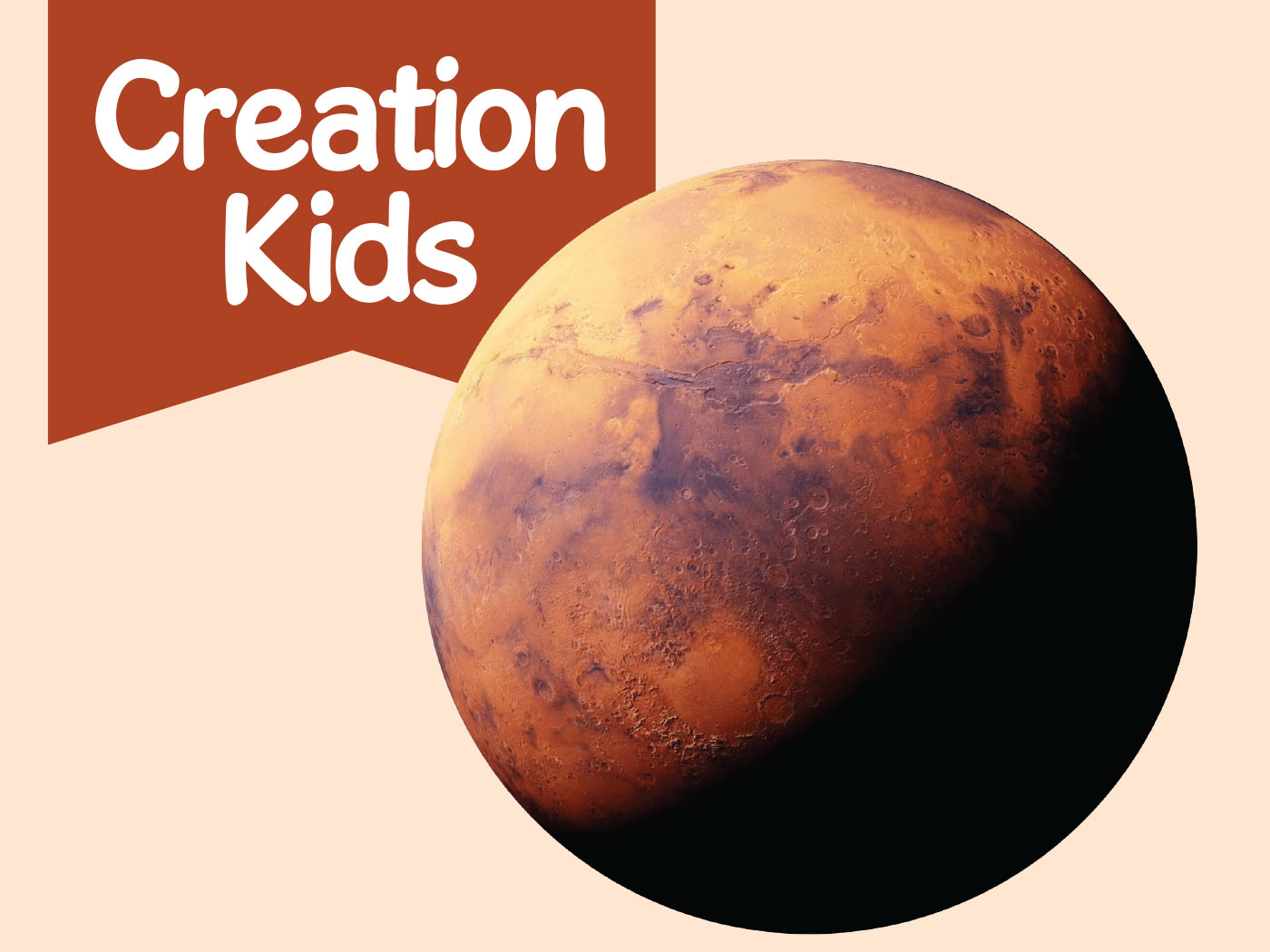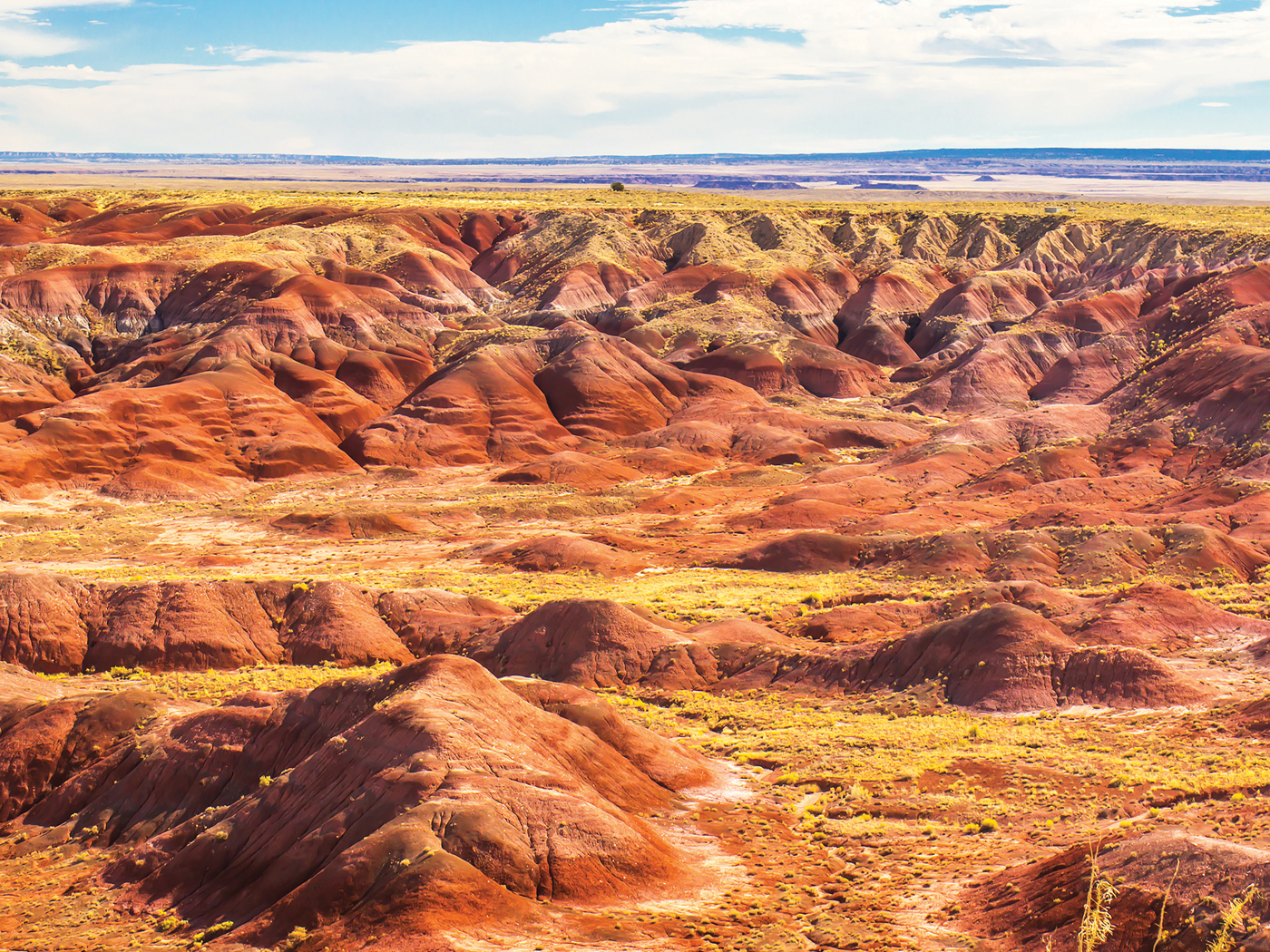“Hear, O my people, and I will testify unto thee: O Israel, if thou wilt hearken unto me....open thy mouth wide, and I will fill it.” (Psalm 81:8, 10)
This psalm was evidently used as an introduction to one of Israel’s feasts and begins on a note of joy (vv. 1-4) and a reflection on God’s sovereign provision for the people (vv. 5-7). But then it merges into a warning not to leave the God of their fathers, sternly reminding them of the commandment “there shall no strange god be in thee; neither shalt thou worship any strange god” (v. 9).
Such rebellion grieves God. “So I gave them up unto their own hearts’ lust: and they walked in their own counsels” (v. 12). When we will not go His way, He does not abandon us but does allow us to go our way. He permits us to learn hard lessons by our own folly, lessons that He would rather have taught us gently while in fellowship with Him.
“Oh that my people had hearkened unto me, and Israel had walked in my ways! I should soon have subdued their enemies, and turned my hand against their adversaries” (vv. 13-14).
He reminds us that He is capable of meeting all our needs, of every sort. “I am the LORD thy God, which brought thee out of the land of Egypt: open thy mouth wide, and I will fill it” (v. 10). The imagery used here is that of a mother bird feeding her otherwise helpless young. They are dependent on her for all their needs, even life itself.
Jehovah invites us to wholeheartedly trust Him for all our needs. His reservoir is boundless; how much He gives to any one individual depends only on how much we allow Him to give. He adjures us to open our mouths wide so that He can abundantly fill them.
May God develop in us not only “wide mouths” but also the faith to trust Him for abundant provision. JDM
 Days of Praise Podcast is a podcast based on the Institute for Creation Research quarterly print devotional, Days of Praise. Start your day with devotional readings written by Dr. Henry Morris, Dr. Henry Morris III, Dr. John Morris, and others to strengthen and encourage you in your Christian faith.
Days of Praise Podcast is a podcast based on the Institute for Creation Research quarterly print devotional, Days of Praise. Start your day with devotional readings written by Dr. Henry Morris, Dr. Henry Morris III, Dr. John Morris, and others to strengthen and encourage you in your Christian faith.









